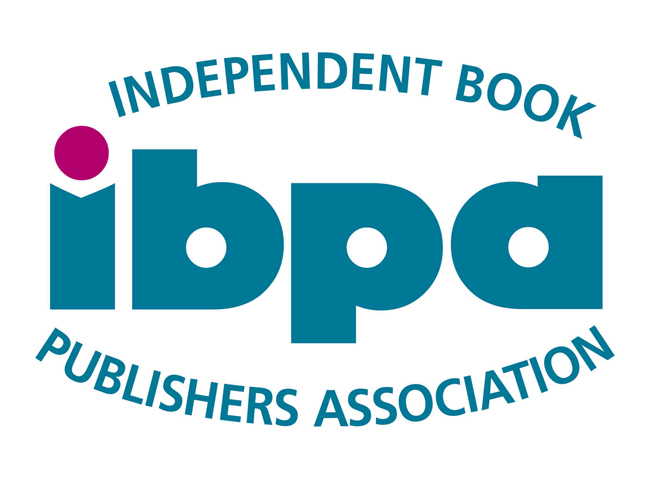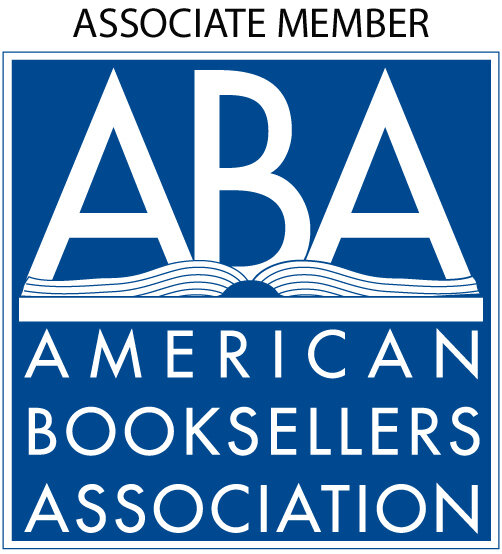A Special Classroom: Sea World Includes Us in their World
/by Dawn Menge, PhD
Joshua helped me draw a huge thermometer onto the poster board. “Can we go outside today and collect recyclables so that we can fill in the thermometer to the top?” Our students with severe cognitive delays had a small business making Christmas trees and recycling on campus. They had voted to use their money to take a trip to Sea World in San Diego and swim with the dolphins. This project began during the last school year and was continuing into the New Year.
Mid-year we ran into a small glitch that turned into a huge issue. A person who wanted to start a recycling program wrote negative articles about our students recycling. This issue accelerated with my parents accompanying us to attend a school board meeting. The school board offered to give our students the money for the trip, but the parents and I were adamant that they had a right to feel pride in their accomplishments and earn their way to Sea World. We were allowed to continue our work and the thermometer was soon filled.
At that time, in addition to my classroom responsibilities, I was home schooling Stephanie, who suffered from a temporary paralysis due to an illness. I visited her home each week and we invited her and her little sister to join us. “Ms. Dawn, I’m going to work very hard to get strong enough to go with you,” she said. Because of her weakened state, she had to work especially hard to build up her strength and stamina to attend with us. But, she was determined to fight and accompany her classmates on this adventure and have an experience of a lifetime with her family. Each week, we would talk about her physical therapy and occupational exercises to see if she was gaining enough strength to come. At times, there were setbacks. “I was sick this week Ms. Dawn. I didn’t get to work with my teachers,” she would say. “I’m very proud of all your hard work and I know you will make it for our trip.” I’d encourage her each week, although I wasn’t really sure if it would be possible for her.
The exciting day arrived and we boarded the bus early in the morning for the three-hour drive to Sea World. The park had generously offered to allow the parents to attend for free with their children. The Sea World employees escorted us back to the Dolphin encounter area and handed each one of us a wet suit to wear. Managing to put these on was an adventure in itself. But, we all managed this feat in the end and put our water shoes on and walked outside to the pool. The dolphins were jumping and swimming around in anticipation of their trainers’ commands.
We split up into groups based on student needs. The higher-functioning students who were physically stronger were grouped in a larger area with several teachers and parents. My brand new administrator was in this group being christened as my boss in a very adventuresome way. We all lined up and the first dolphin swam up and landed on the ledge. “She feels soft,” Giggled Ashley, as she ran her hands along the stomach of the dolphin. “Look how fast they can swim and jump in the air. I wish I could do that,” laughed Jasmine as she pointed to Samantha the dolphin.
Ms. Judy was holding onto Amanda’s wetsuit as she petted the dolphin. Little Amanda was visually impaired with a seizure disorder and very determined to interact with the dolphins. She was so excited she held onto the dolphin’s fin and she tried to swim away.
“Come and shake the dolphins’ fins Freddie,” the trainer asked our youngest student with Down syndrome. The trainer held onto his shoulders as Freddie held the dolphin’s fins. They turned around and the dolphin gave him a big kiss and in turn Freddie hugged the dolphin so tight he almost didn’t let go. I’d never seen him with such a great big smile on his face. We all gathered ourselves sadly together and headed back to the changing rooms. It was filled with excited voices of students and parents alike trying to peel the wetsuits off and enjoy the rest of their day at Sea World.
Our last group included our school nurse Melinda for Stephanie as her physical health was still very fragile. The staff at Sea World helper her mother take Cindy out of the wheelchair and place her in the hoist to be lowered into the pool. Stephanie and Brianna were beyond excited. Stephanie leaned over and gave the dolphin a kiss as he swam by her. “Oh, my goodness there were tears in my eyes, she was so excited when she touched the dolphin,” remembers Melinda. “I will never forget that experience. It was so awesome.” Their dolphin swam up and perched on the ledge so that they could feel her sleek body, shaking her head as her trainer pointed for her to swim around the pool and jump high into the air twisting as she came back down, a big splash landing on the girls. The complete joy in their faces was more than enough reward for our staff. The memories of the hard work and struggle we had endured to make this happen washed away and was replaced by these irreplaceable memories for these students with severe cognitive delays and their families.
In our small groups, we continued to enjoy the Sea World park watching the shows, feeding the animals, learning about our world’s oceans and how important it is to protect our environment. Our recycling program not only helped our students accomplish this incredible goal on their own, but also helped the environment. As part of our functional curriculum, our students learn life skills such as counting and budgeting, communication skills in ordering their own meals and then paying the employees for their meals. “I was so impressed at the way the students were able to go to the cafeteria at Sea World. They were able to order their own food, figure out if they had enough money and pay on their own,” recalls Melinda. A lifetime of educational benefits came from this experience. All too soon, it was time to pack up and get on the bus for our long drive back home. The day may have been over but the memories and experiences gained would last a lifetime.
Dawn Menge, PhD has won 29 national awards as the author of the Queen Vernita's Educational Series. As an educator, she holds a Master's and a Clear Credential in moderate/severe disabilities and a Bachelor's in human development. Dr. Menge has been teaching severely handicapped students for 16 years.








